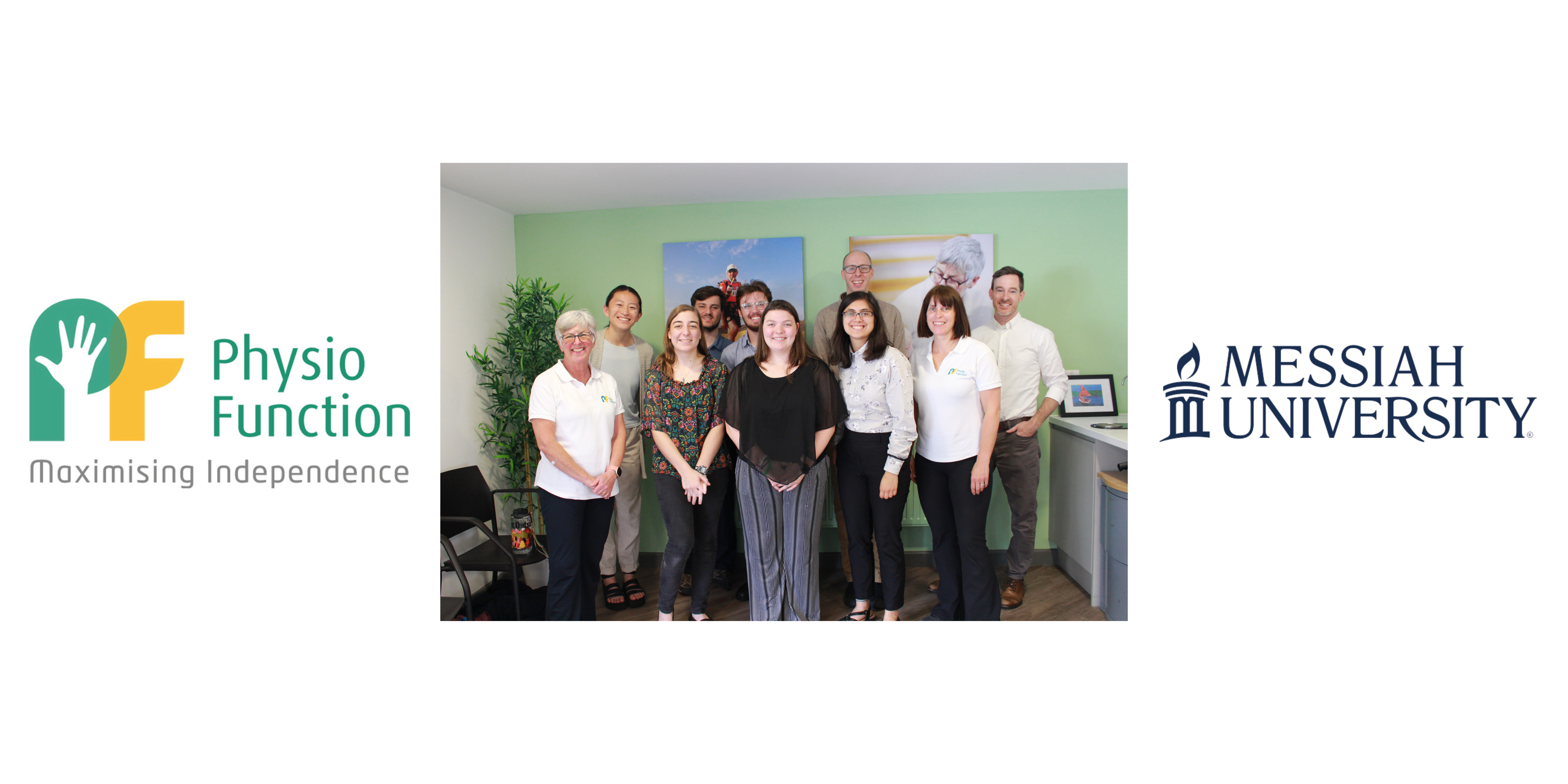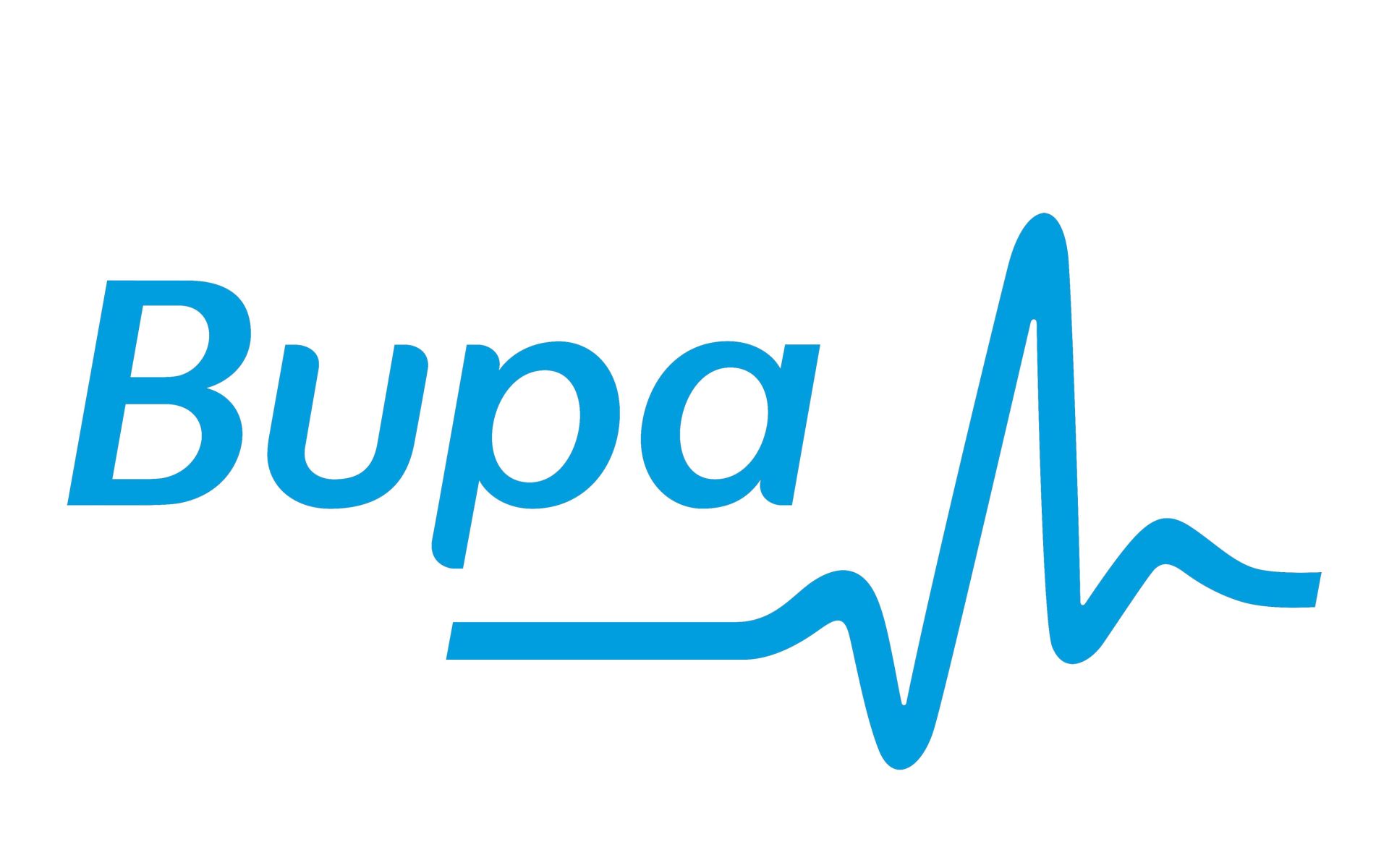Note: This makes all sizes equal and could alter the website layout.
Red:
Green:
Blue:
Red:
Green:
Blue:
This week we had some interesting visitors to PhysioFunction from across the pond in Pennsylvania, United States of America. We were visited by Dr Ryan Farris (Associate Professor), Bryce Watkins (Collaboratory Programme Manager) from Messiah University and a cohort of Bioengineering students. Whilst here our Clinical Director, Jon gave them a tour of the clinic and had discussions about the technological advances in Neurological Physiotherapy treatment. Messiah University is a faith-based (Christian) university. The mission of their applied science faculty is to provide engineering solutions to assist individuals in the developing world – from increasing access to safe and affordable drinking water to biomedical technologies to improve mobility for disabled adults and children by developing low-cost Functional Electrical Stimulation (FES) devices and orthotics.
The definition of Bioengineering according to McKinsey, is the application of engineering principles to improve disease prevention and treatment, agricultural production, energy sustainability and more.
Physiofunction hosted the team over 2 days providing feedback on the product development to date and facilitating feedback from clients with footdrop. They worked with some of Senior Neurological Physiotherapists to share ideas and knowledge.
The students took part in a workshop with our Specialist Physiotherapist in Neurorehabilitation and Technology, Matt, and a PhysioFunction client, Tony to demonstrate their device. Matt says about the experience, “Having the student teams visit us and present on their projects has been enlightening. They have really got behind the mission and vision of their Collaboratory programme to deliver affordable, reliable, and effective solutions for patients with mobility difficulties. It was excellent to have the opportunity to show them the equipment we work with to enable them to consider factors that are important to clinicians, as well as facilitating discussions with our patients to get user feedback on their designs and ideas to help shape the end product.”
The visit was also in partnership with The National Footdrop Society (NFDS) which was founded by Jon Graham, the Clinical Director of PhysioFunction, to raise awareness of the successful management of footdrop using FES and orthotics. Messiah initially approached the NFDS to inquire about the possibilities of clinical collaboration with UK centres of excellence in 2023. Physiofunction was delighted to become an external clinical partner and have been supporting their FES and orthotic design projects remotely for nearly a year. It was therefore a delight to host the delegation in person at our Spratton clinic.
Dr Ryan Farris, said of the visit, “We were blessed and honoured by the hospitality PhysioFunction showed our team over the past two days. The purpose of our trip was to obtain clinical feedback on a new low-cost FES device and a new electromechanical stance control orthosis we have been developing in the Collaboratory at Messiah University.
Our goal is fundamentally to extend the proven therapeutic and assistive benefits of FES to underserved communities without current access to the technology, and we are so appreciative of the expertise PhysioFunction has provided to aid us in this cause. In a similar way, our goal for the novel stance control orthosis under development is to provide significantly improved gait and safety relative to current knee-ankle-foot-orthosis, while retaining a much lower cost point than fully powered exoskeleton systems.
We were impressed by every aspect of PhysioFunction, from the knowledgeable and friendly physiotherapists to the wide range of modern therapeutic tools being used, to the beautiful setting and well design rehabilitation spaces. The PhysioFunction team generously provided clinical insight which was extremely informative directly helpful to the future of these projects.”
We are very much looking forward to continued collaboration and making lower cost FES and orthotic aids available to individuals in the UK.





